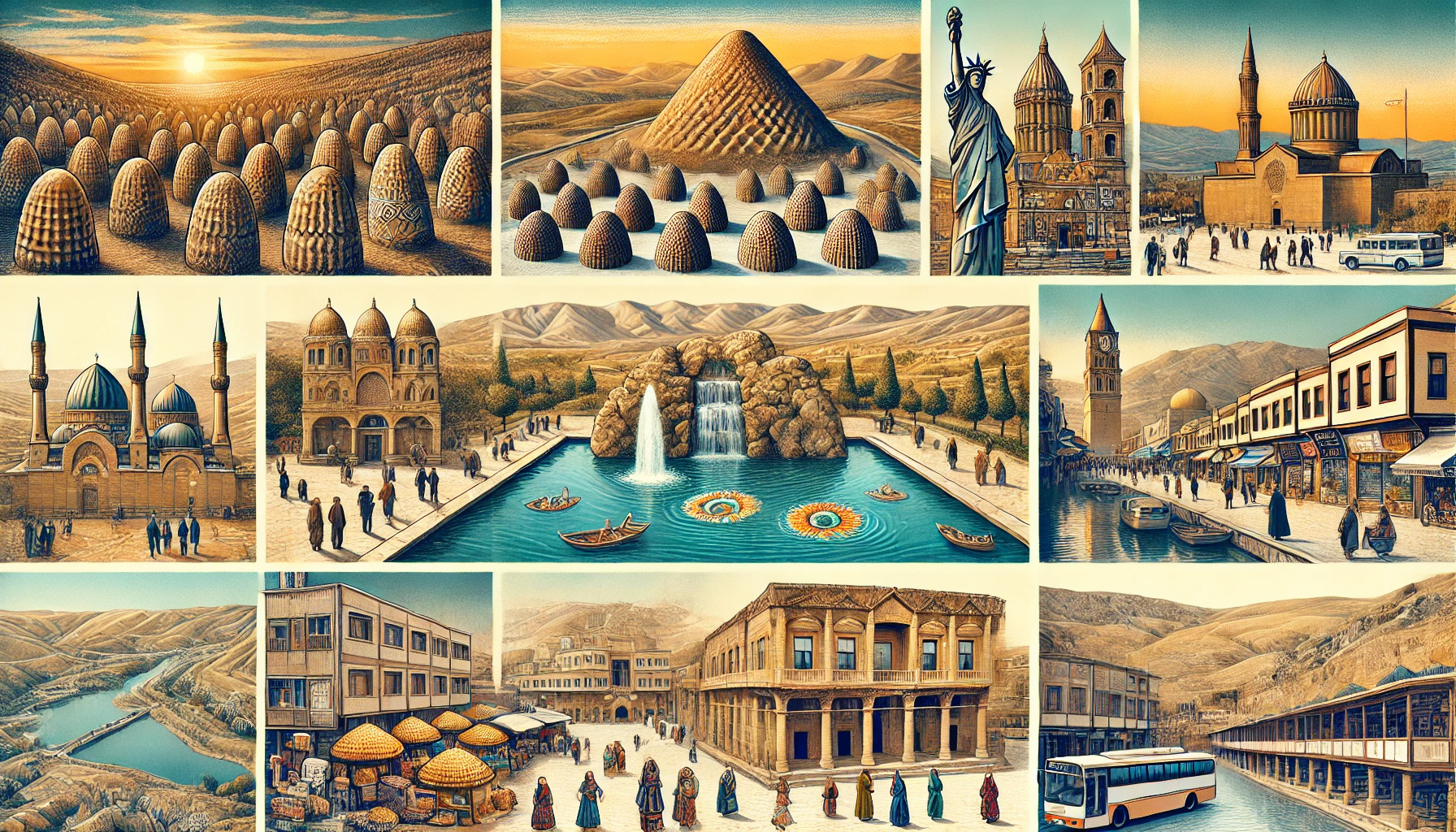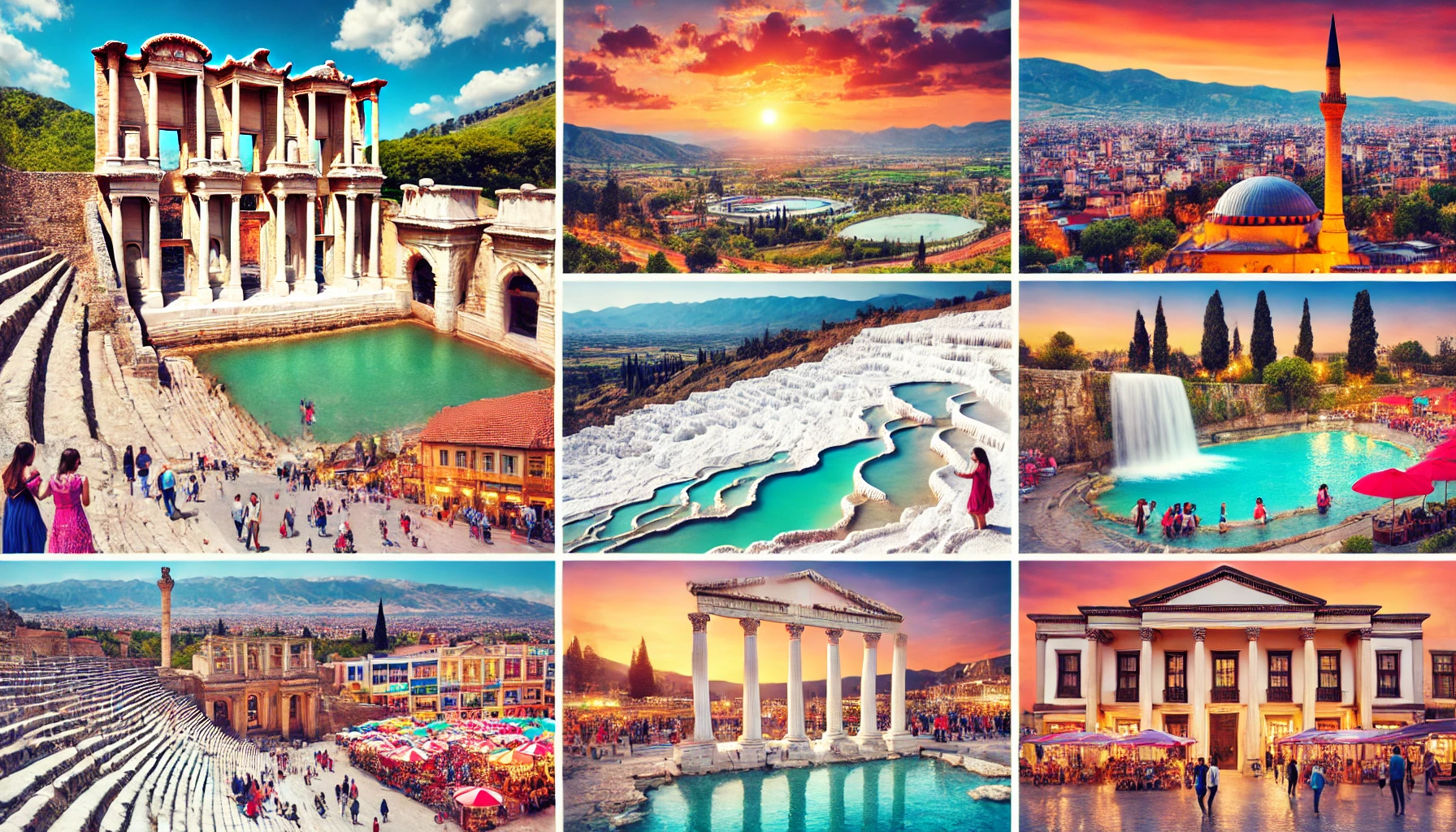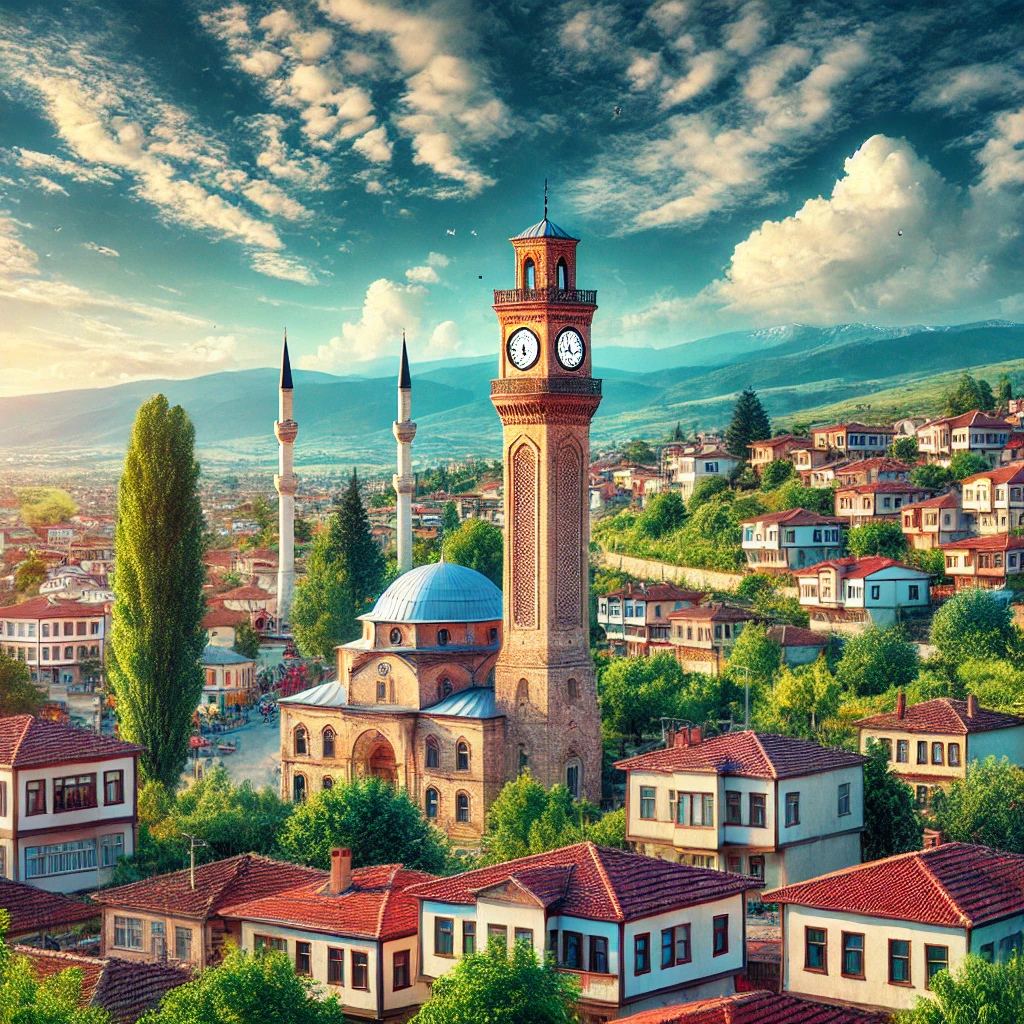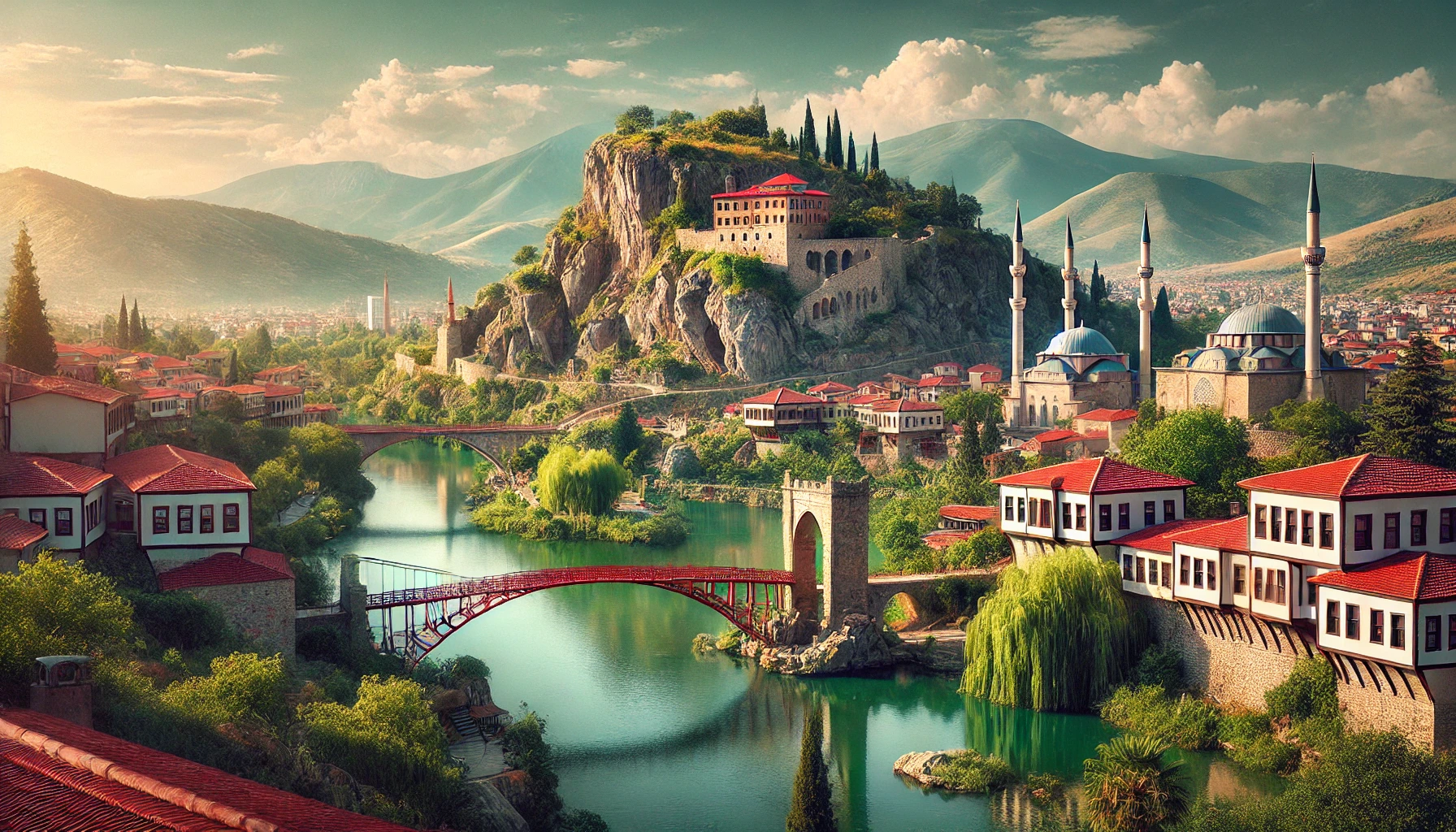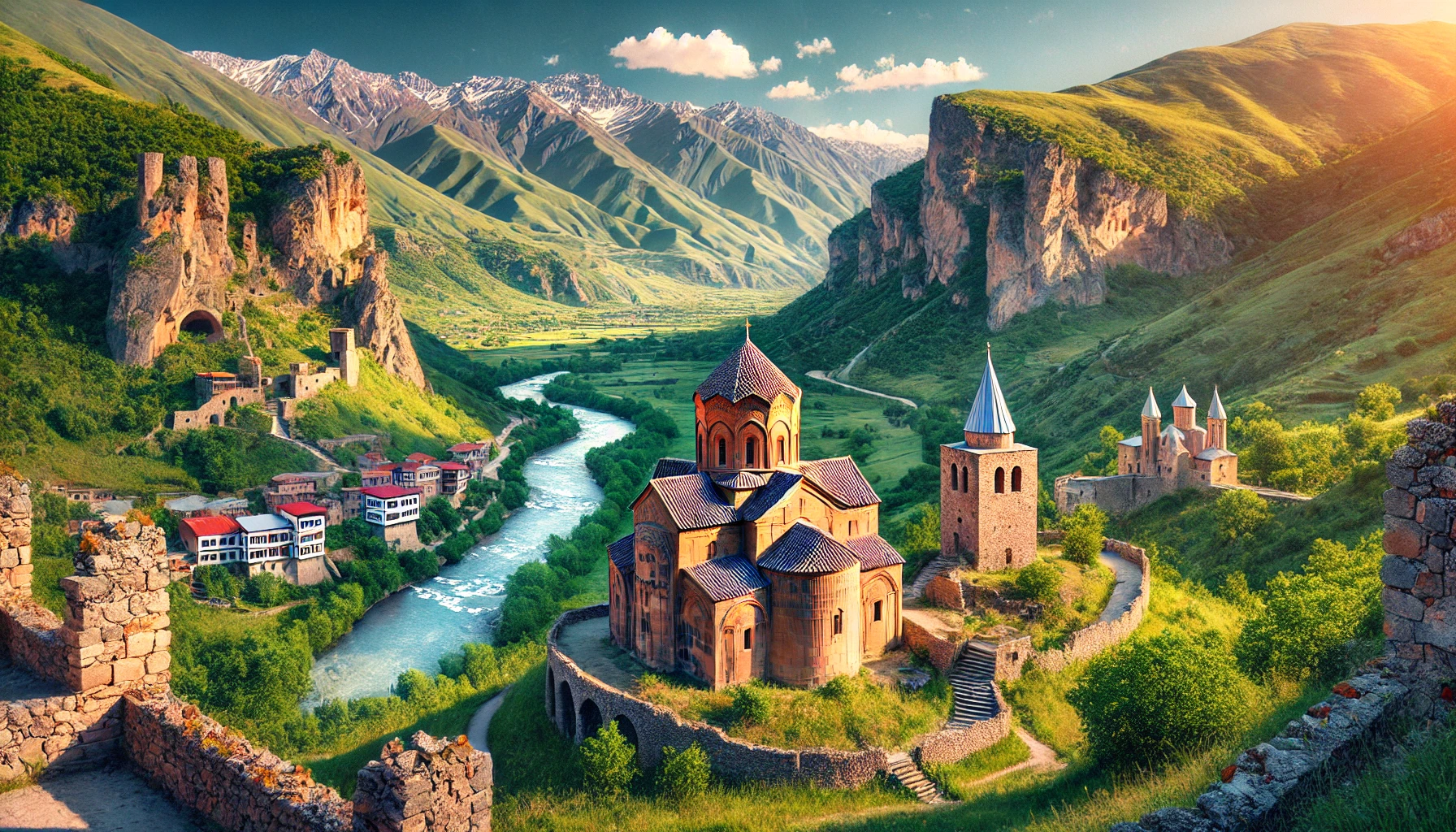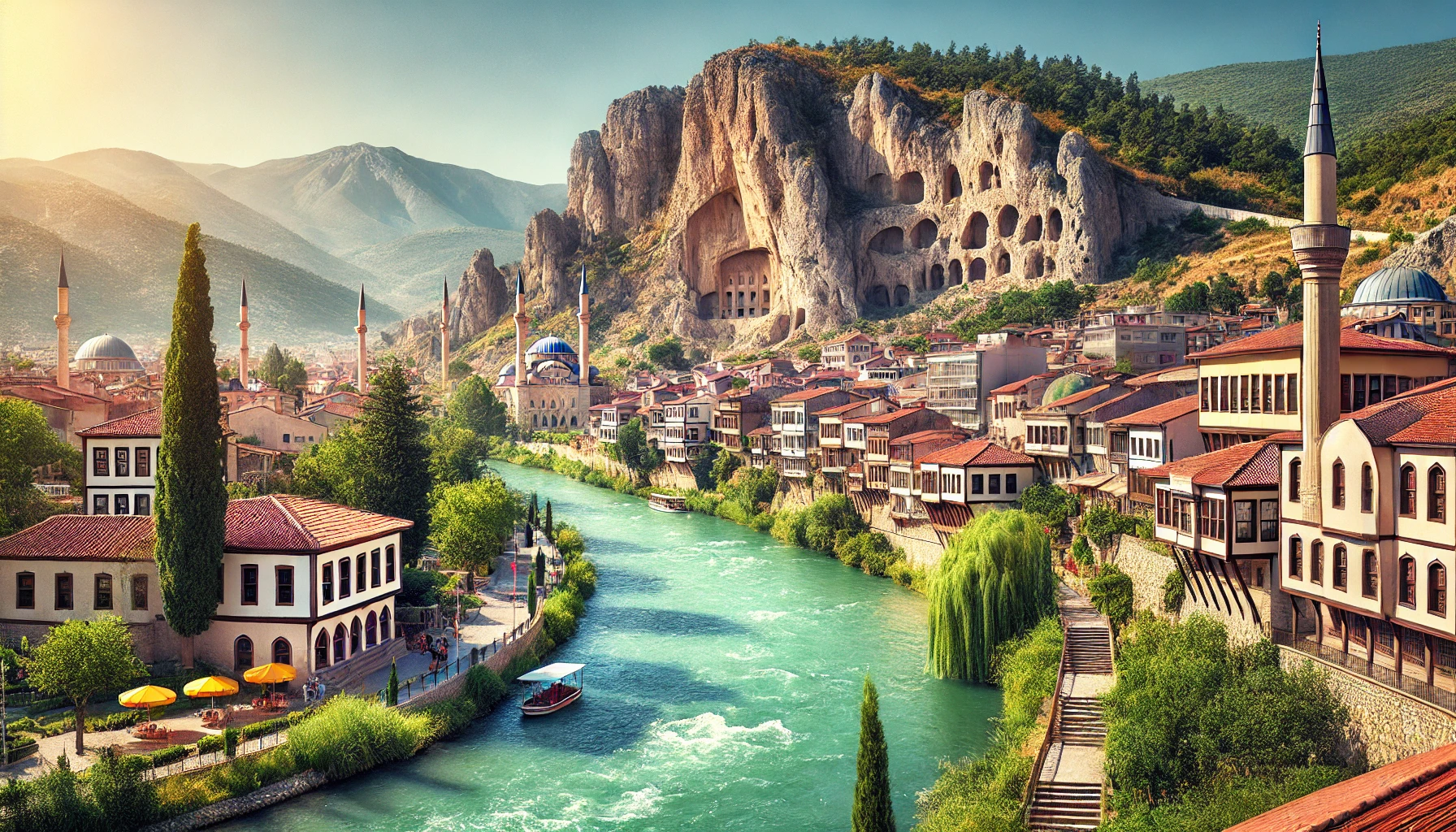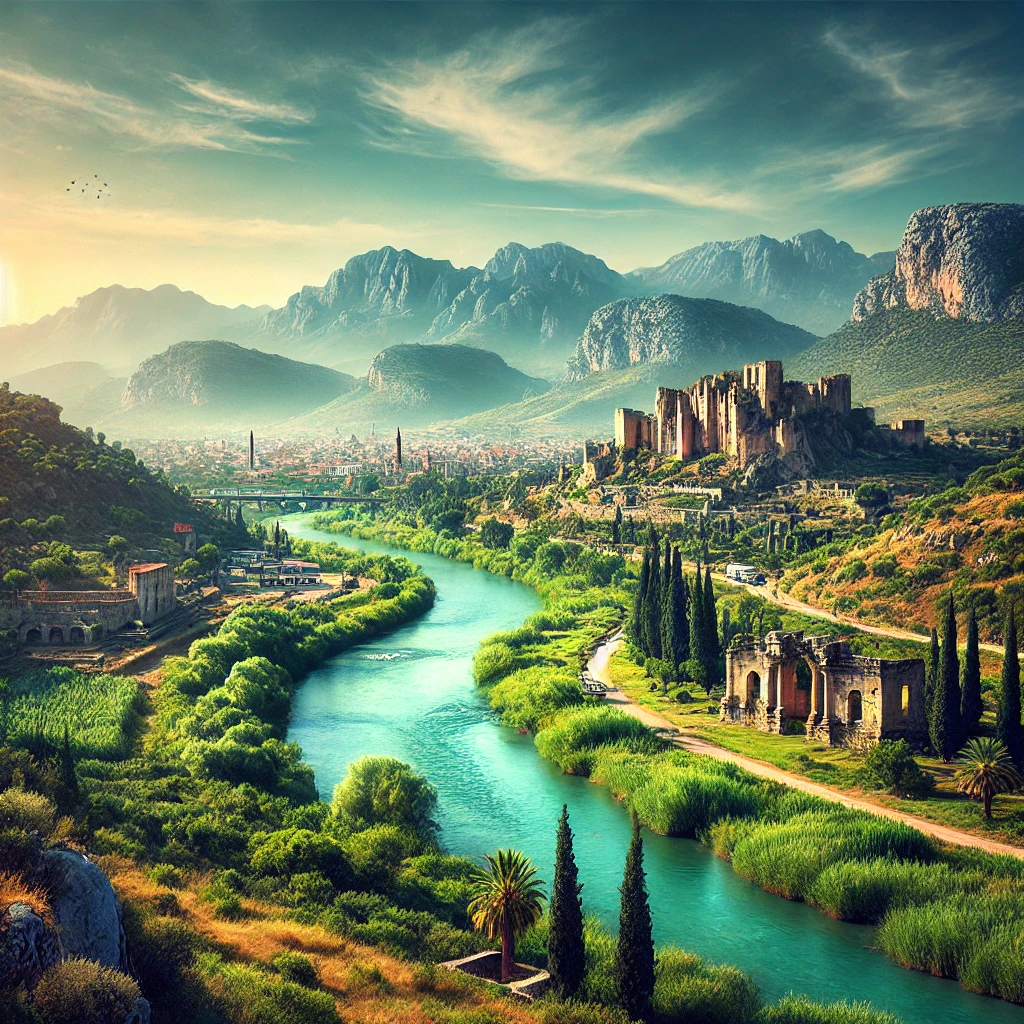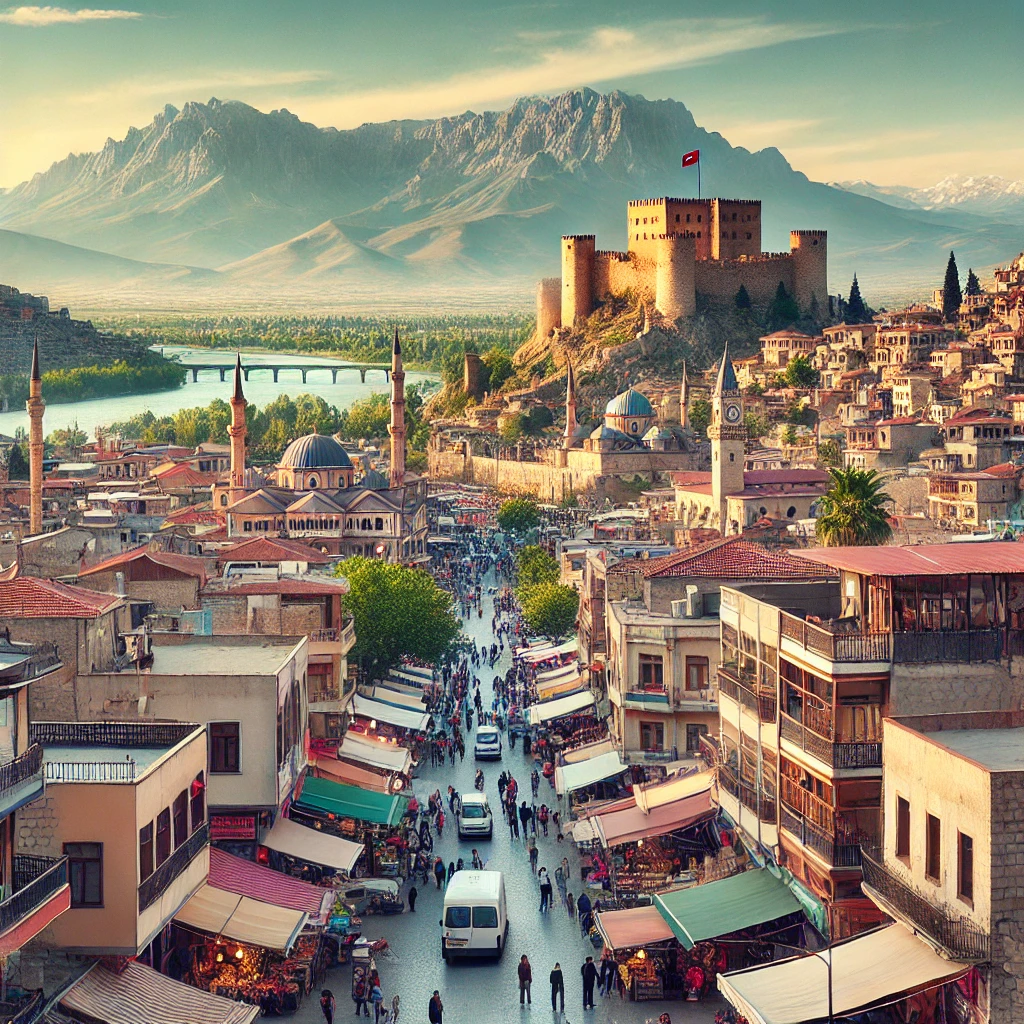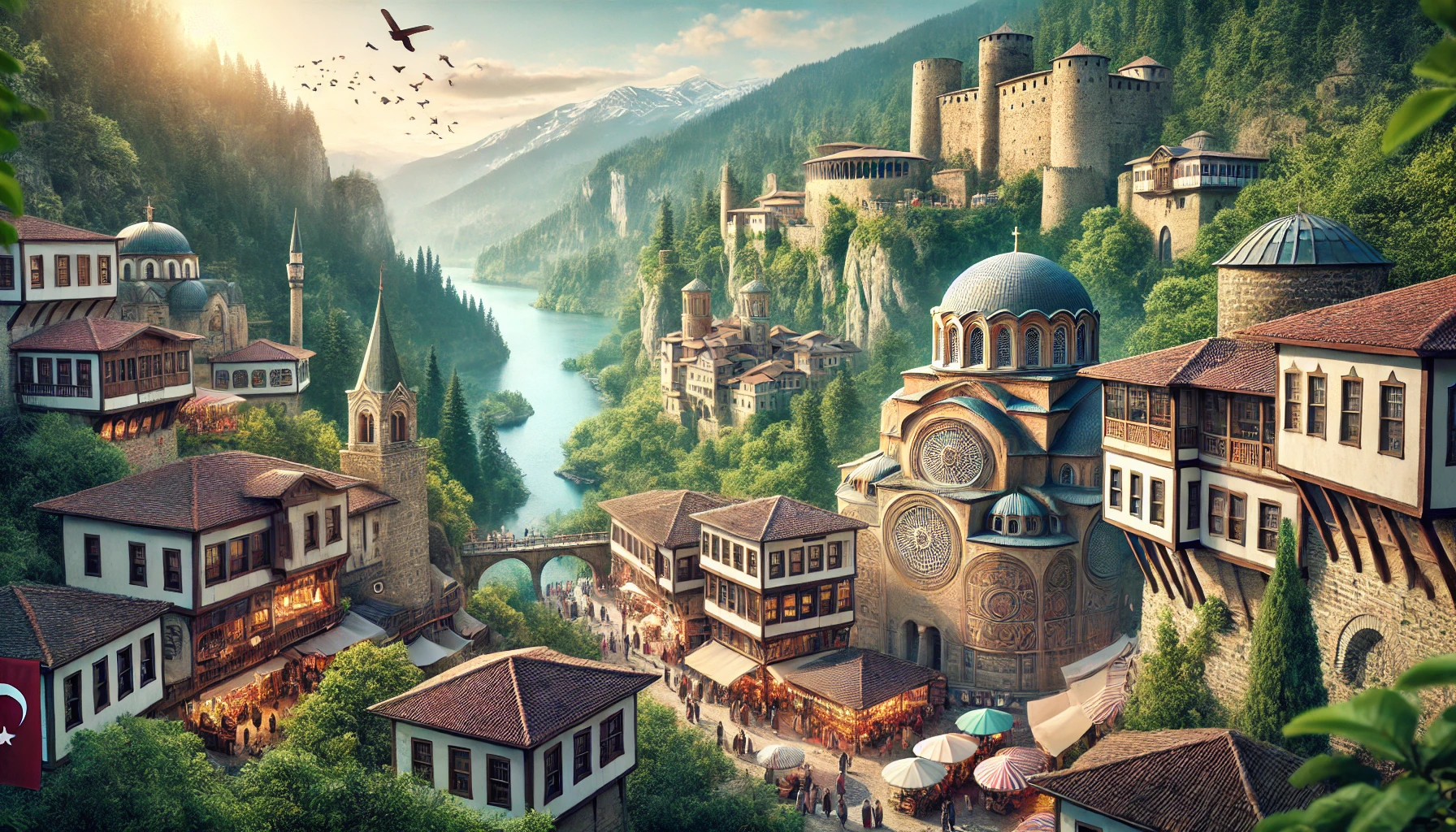Experience Pamukkale: Denizli’s Natural Wonder of Stunning Travertine Terraces and Healing Thermal Springs
Pamukkale, located in southwestern Turkey, is one of the country’s most stunning natural attractions. Known for its unique travertine terraces and ancient thermal pools, Pamukkale attracts visitors from around the world. This UNESCO World Heritage site offers a blend of natural beauty and historical significance. In this listicle, we’ll explore the top attractions and experiences in Pamukkale, ensuring you make the most of your visit.
1. The Travertine Terraces of Pamukkale
Unique Geological Formation
The travertine terraces of Pamukkale are one of the most iconic natural wonders in Turkey. Formed by calcium-rich thermal waters, these terraces cascade down the hillside in a series of white, mineral-rich pools. The stark white color and unique formations give Pamukkale its name, which means “Cotton Castle” in Turkish.
Walking on the Terraces
Visitors can walk barefoot on certain sections of the terraces, allowing you to feel the smooth, cool surface of the travertine underfoot. The terraces are a popular spot for photography, especially during sunrise and sunset when the light creates a magical atmosphere.
2. The Thermal Pools of Pamukkale
Ancient Healing Waters
The thermal pools of Pamukkale have been used for their healing properties since ancient times. The warm, mineral-rich waters are believed to have therapeutic benefits, making them a popular destination for those seeking relaxation and rejuvenation.
Cleopatra’s Pool
One of the most famous thermal pools in Pamukkale is Cleopatra’s Pool, also known as the Antique Pool. According to legend, the Egyptian queen Cleopatra bathed in these waters. The pool is filled with ancient marble columns and ruins, creating a unique and historical bathing experience.
3. The Ancient City of Hierapolis
Historical Significance
Adjacent to the travertine terraces is the ancient city of Hierapolis, which was founded in the 2nd century BC. This ancient city was a major center for healing and religious worship. Visiting Hierapolis offers a glimpse into the past, with well-preserved ruins that tell the story of its rich history.
Key Attractions in Hierapolis
Notable attractions in Hierapolis include the Roman Theatre, the Temple of Apollo, the Necropolis, and the Plutonium. The Roman Theatre, in particular, is a highlight, with its impressive size and well-preserved architecture.
4. The Hierapolis Archaeology Museum
Artifacts and Exhibits
The Hierapolis Archaeology Museum, located within the ancient city, houses a vast collection of artifacts excavated from the site. The museum’s exhibits include statues, sarcophagi, inscriptions, and everyday items that provide insight into the daily life and culture of ancient Hierapolis.
Educational Experience
Visiting the museum offers an educational experience, allowing you to learn more about the history and significance of Hierapolis and its surrounding areas. The museum is housed in a restored Roman bath, adding to its historical ambiance.
5. Pamukkale Natural Park
Scenic Beauty
Pamukkale Natural Park surrounds the travertine terraces and thermal pools, offering beautiful landscapes and scenic walking paths. The park is a great place to relax, have a picnic, or enjoy a leisurely stroll while taking in the natural beauty of Pamukkale.
Wildlife and Flora
The park is home to various species of birds and plants, making it a great destination for nature enthusiasts. The lush greenery contrasts with the white terraces, creating a picturesque setting.
6. Hot Air Balloon Rides Over Pamukkale
A Unique Perspective
One of the most exhilarating ways to experience Pamukkale is from above in a hot air balloon. Hot air balloon rides offer a unique perspective of the travertine terraces, the ancient ruins of Hierapolis, and the surrounding landscapes.
Sunrise Flights
Sunrise flights are particularly popular, as the early morning light bathes the terraces and ruins in a warm glow. The serene experience of floating above this natural wonder is unforgettable and perfect for photography.
7. Paragliding in Pamukkale
Thrilling Adventure
For adventure seekers, paragliding in Pamukkale offers an adrenaline-pumping experience. Launching from the nearby hills, paragliders can soar over the travertine terraces and ancient ruins, enjoying panoramic views of the area.
Safe and Guided Tours
Several tour operators offer safe and guided paragliding experiences, ensuring that even beginners can enjoy this thrilling activity. It’s an exciting way to see Pamukkale from a different angle.
8. The Red Springs of Karahayit
Unique Thermal Springs
Just a short drive from Pamukkale, the village of Karahayit is known for its red thermal springs. These springs get their distinctive red color from the high iron content in the water. The warm, mineral-rich waters are popular for their therapeutic properties.
Spa and Wellness
Karahayit has several spa and wellness centers where visitors can enjoy the red thermal waters and various treatments. It’s a perfect complement to a visit to Pamukkale, offering additional relaxation and rejuvenation.
9. Exploring the Nearby Town of Denizli
Modern Amenities
The nearby town of Denizli offers modern amenities and accommodations for visitors to Pamukkale. Denizli is a bustling town with shopping centers, restaurants, and cultural attractions, making it a convenient base for exploring the area.
Cultural Attractions
Denizli also has its own cultural attractions, including the Atatürk Ethnography Museum and the Laodicea Ancient City. These sites provide further insights into the history and culture of the region.
10. Practical Tips for Visiting Pamukkale
Best Time to Visit
The best time to visit Pamukkale is during the spring (April to June) and autumn (September to November) months when the weather is mild and the crowds are smaller. Summers can be hot, while winters can be cold and less suitable for outdoor activities.
Dress Comfortably
Wear comfortable clothing and shoes, as you will be walking and exploring various sites. It’s also a good idea to bring a swimsuit if you plan to bathe in the thermal pools.
Respect the Environment
Pamukkale is a protected site, so it’s important to respect the environment and follow the rules. Avoid walking on restricted areas of the terraces and dispose of any trash properly to help preserve this natural wonder.
Conclusion: Discover the Magic of Pamukkale
Visiting Pamukkale is a journey through natural beauty, ancient history, and unique experiences. From the stunning travertine terraces and healing thermal pools to the ancient ruins of Hierapolis and thrilling hot air balloon rides, Pamukkale offers something for every traveler. Whether you’re seeking relaxation, adventure, or cultural enrichment, Pamukkale promises an unforgettable experience.
For more information and to plan your trip, visit: Visit Pamukkale
Latest Update: Aug 4, 2024
Your Content Goes Here
TAGS: ancient city of Hierapolis, Cleopatra’s Pool, Denizli, Denizli attractions, healing waters, Hierapolis Archaeology Museum, hot air balloon rides, natural wonders, Pamukkale, Pamukkale attractions, Pamukkale Natural Park, Pamukkale travertine terraces, paragliding in Pamukkale, Red Springs of Karahayit, thermal pools, thermal springs, tourism, travel, travel to Pamukkale, travertine terraces, Turkey, UNESCO World Heritage, visit Pamukkale
A brief summary of the key points in this article.
Latest Travel Guides
Weather Today in Pamukkale, Denizli, Turkey
Location: Denizli Province
Temperature: 7.99°C
Condition: Overcast clouds





